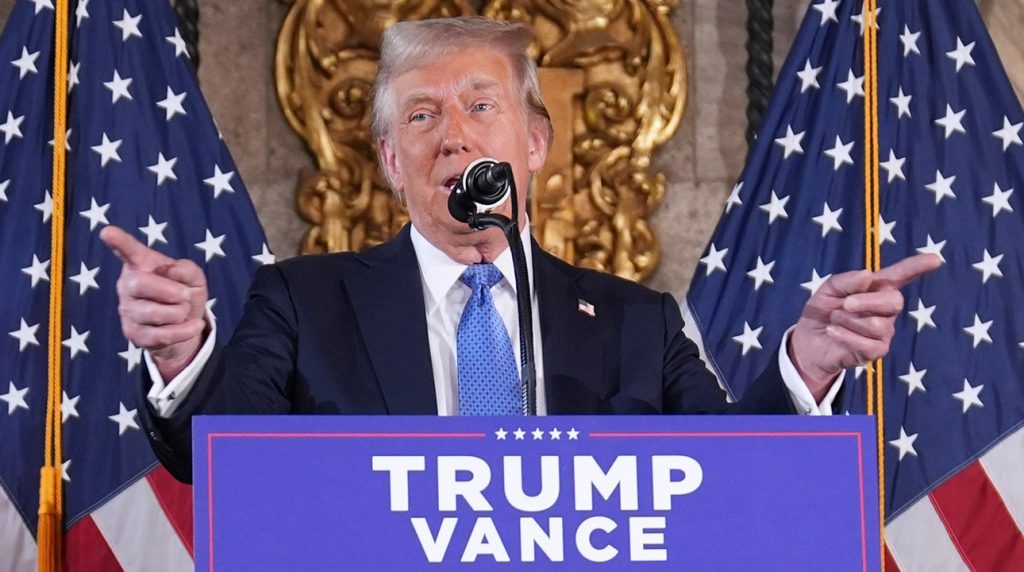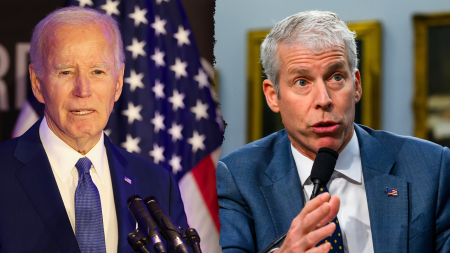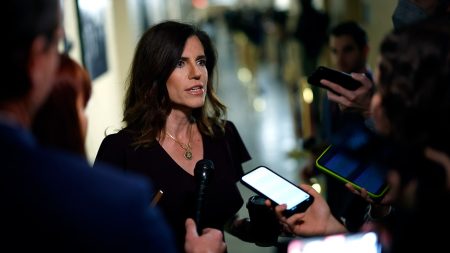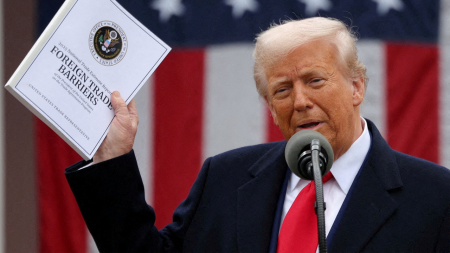Paragraph 1: Trump’s Lawsuit Against Des Moines Register and J. Ann Selzer
President-elect Donald Trump has initiated legal action against the Des Moines Register, its affiliated pollster J. Ann Selzer, and parent company Gannett, alleging "brazen election interference" and fraud related to their final 2024 presidential poll. The lawsuit, filed in Polk County, Iowa, contends that the poll, published just days before the election, falsely depicted Vice President Kamala Harris leading Trump in Iowa by three points. This projection starkly contrasted with the actual election results, where Trump secured a decisive victory in Iowa by over 13 percentage points. The lawsuit argues that the poll’s publication was a deliberate attempt to manipulate the election outcome in Harris’s favor, causing significant damage to Trump’s campaign and misleading voters.
Paragraph 2: The Impact of the Disputed Poll
The lawsuit emphasizes the substantial influence Selzer’s polls held due to her historically accurate predictions. This perceived credibility amplified the impact of the final poll, which projected a significant swing in favor of Harris. Trump’s legal team argues that this "election-interfering fiction" was designed to create a narrative of Harris’s inevitable victory, impacting voter enthusiasm and forcing the Trump campaign to redirect resources based on the misleading data. The suit alleges that the poll’s inaccuracy was not a simple miscalculation but a deliberate manipulation aimed at swaying the election.
Paragraph 3: Allegations of Manipulation and Deception
The lawsuit accuses Selzer and the Des Moines Register of engaging in a deceptive practice prohibited under the Iowa Consumer Fraud Act. It asserts that the poll’s publication caused "substantial, unavoidable injury to consumers" without providing any counterbalancing benefits. The lawsuit contends that voters were misled about the true state of the race in Iowa, and the Trump campaign was forced to expend considerable resources based on this false information. It further alleges that this type of manipulation is a recurring tactic employed by "left-wing pollsters" to create an artificial sense of momentum for Democratic candidates.
Paragraph 4: The Lawsuit’s Demands and Trump’s Broader Legal Battles
Trump is seeking a range of remedies, including actual damages, tripled statutory damages, an injunction against further deceptive practices, disclosure of information underlying the poll, and legal fees. This lawsuit is part of a series of legal actions taken by Trump and his legal team, led by Boris Epshteyn, following the 2024 election. These include a recently dismissed case related to the 2020 election, a successful dismissal of charges in the classified records case, and ongoing legal battles in New York related to charges brought by Manhattan District Attorney Alvin Bragg.
Paragraph 5: The ABC News Settlement and its Implications
The Des Moines Register lawsuit follows closely on the heels of a $15 million settlement reached between Trump and ABC News regarding a defamation suit. ABC News and anchor George Stephanopoulos issued a statement of regret over comments made during an interview that triggered the lawsuit. The settlement included a substantial charitable contribution to a future presidential foundation and museum established by or for Trump, along with coverage of his legal fees. This, coupled with the Des Moines Register lawsuit, signals Trump’s aggressive stance against what he perceives as biased media coverage and election interference.
Paragraph 6: The Broader Context of Trump’s Legal Strategy
The Des Moines Register lawsuit, the ABC News settlement, and other recent legal victories represent a concerted effort by Trump to challenge perceived injustices and exert his influence in the media landscape. By pursuing these legal battles, Trump aims to hold media organizations accountable for what he considers biased reporting and to establish a precedent for future elections. The outcomes of these cases could have significant implications for the relationship between politicians, media outlets, and the legal system, particularly regarding issues of defamation, election interference, and the role of polling in shaping public perception.










